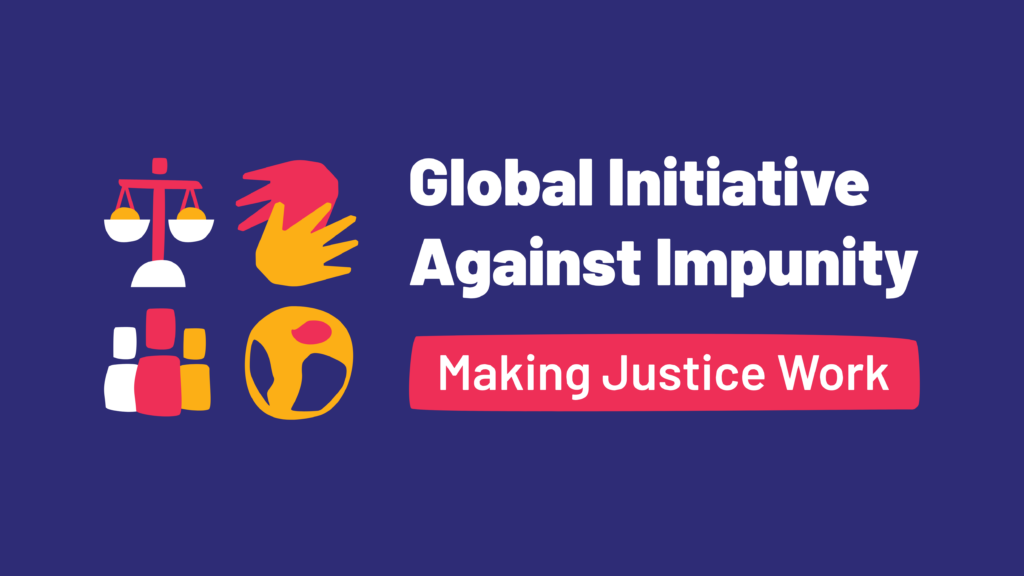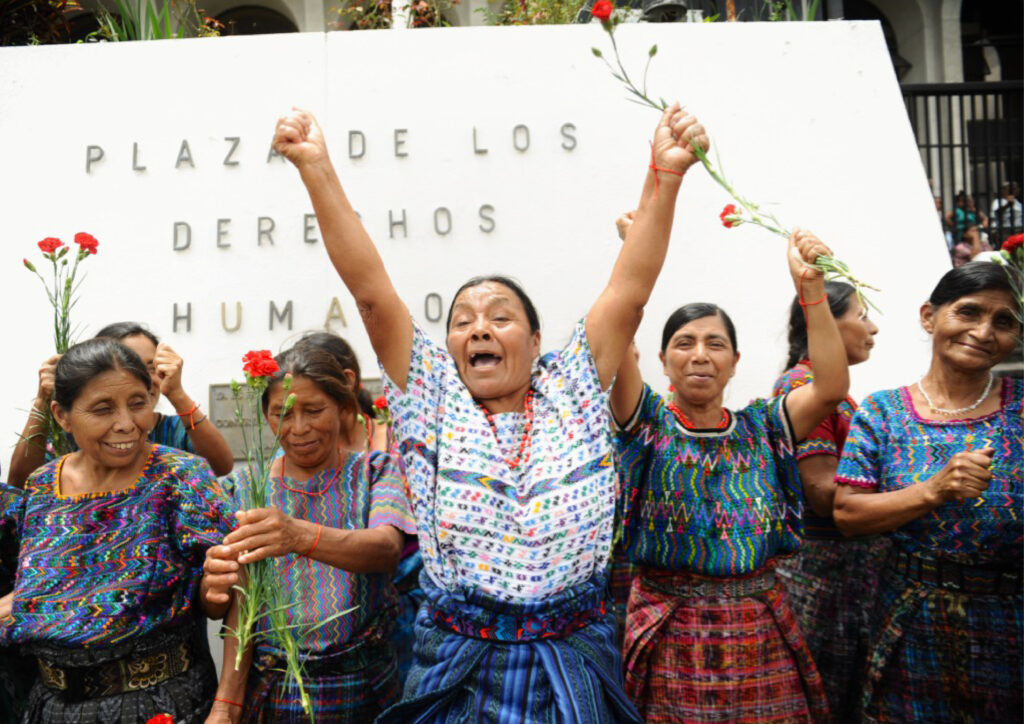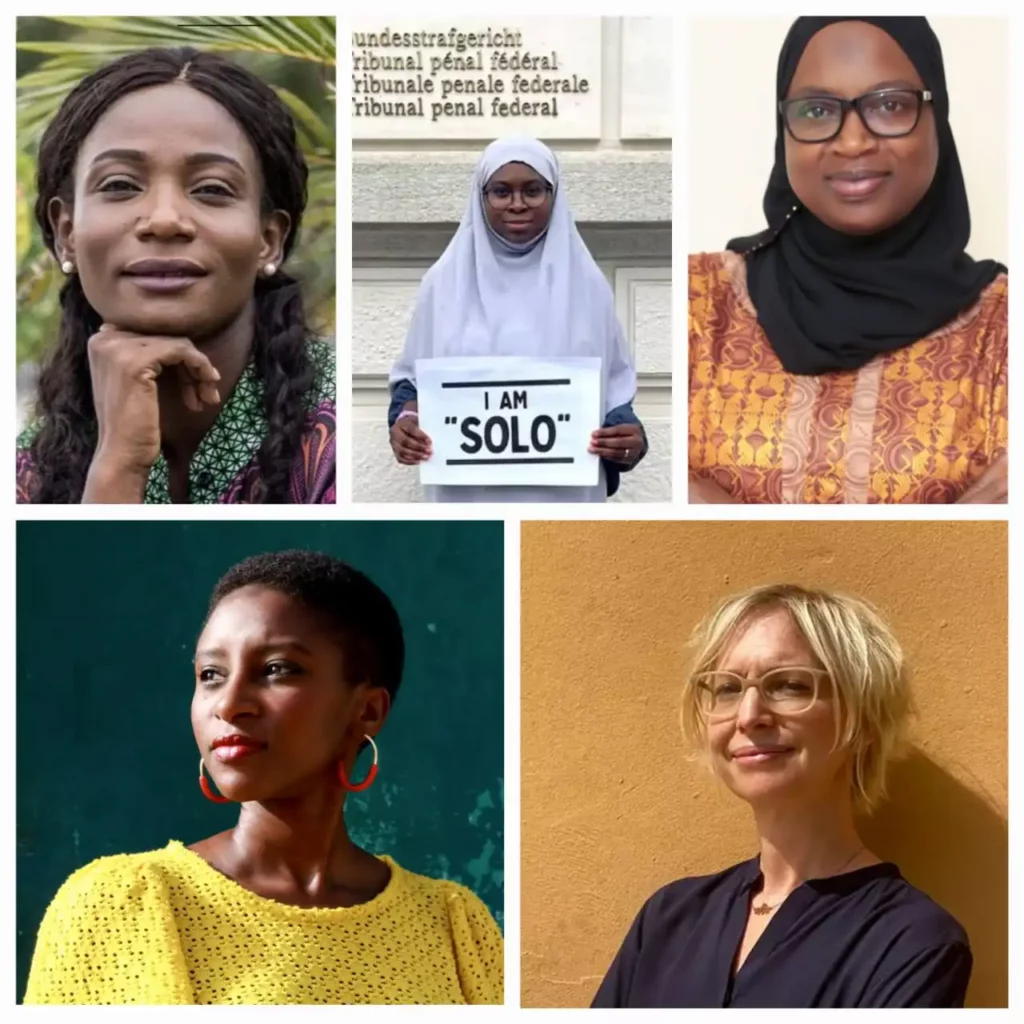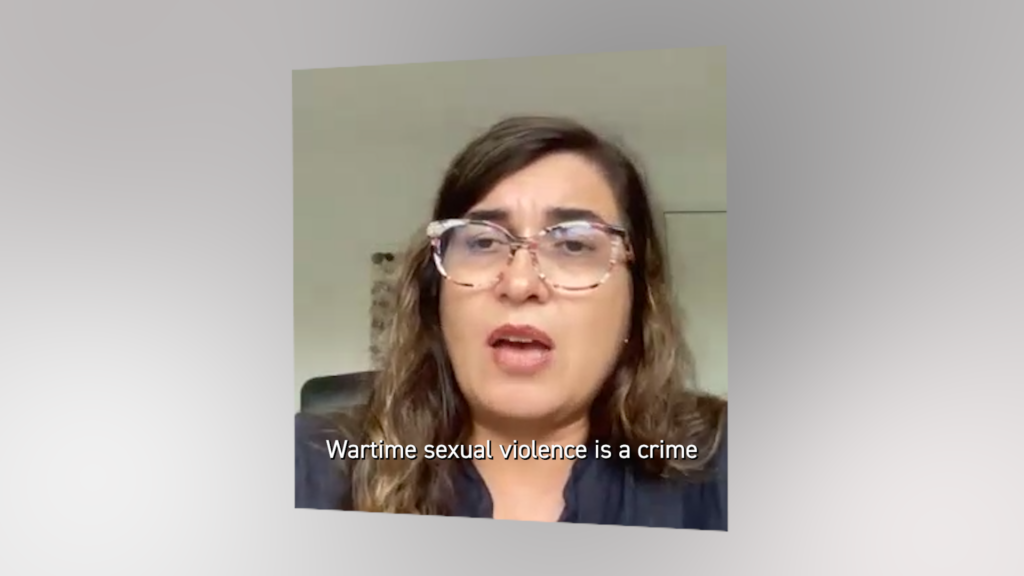Nepal should end impunity for rape perpetrators
TRIAL and its Nepalese partner HimRights denounce the ongoing impunity for perpetrators of acts of sexual violence committed in Nepal during the conflict (1996-2006) and post-conflict periods in a report submitted to the UN Committee on the Elimination of Discrimination against Women (CEDAW or the Committee).
The NGO’s deplores that not a single case of rape or sexual violence has to date, been investigated by the government of Nepal and that criminal legislation on the matter doesn’t meet international standards.
“The Nepalese government was given two years to implement the recommendations made by the CEDAW in 2011, but none have been yet executed”, says Frida Castillo, TRIAL legal advisor for Nepal.
In their report to the UN, the NGOs highlight the failure of the Nepalese government to amend its inadequate criminal legislation dealing with rape and other forms of sexual violence; the need to eliminate the obstacles to the investigation, identification and prosecution of perpetrators of these crimes and; the need to guarantee women’s access to justice, legal aid and integral reparations. The NGOs also give recommendations on how the government of Nepal can better fulfill its international obligations with regard to crimes vis-à-vis victims of rape or other forms of sexual violence.
Main issues of concern raised by TRIAL:
- Nepal’s failure to define rape in accordance with international standards and to ensure that other forms of sexual violence are criminalized;
- Nepal’s on going failure to sanction rape -including marital rape- or other forms of sexual violence with penalties that are consistent with the gravity of the offences;
- Nepal’s failure to remove the 35-day limitation on reporting sexual violence crimes;
- Nepal’s failure to eradicate the procedural difficulties that exist in filing a First Information Report;
- Nepal’s failure to combat the stigmatisation of women who are victims of rape;
- Nepal’s failure to investigate, prosecute and sanction those responsible for rape and other forms of sexual violence including police and military officers;
- Nepal’s attempt to establish transitional justice mechanisms with the power to grant amnesty to perpetrators of crimes under international law, including rape;
- Nepal’s failure to provide legal aid to victims of rape or other forms of sexual violence; Nepal’s failure to adequately protect and support victims and witnesses of rape or other forms of sexual violence;
- Nepal’s failure to provide adequate compensation and integral reparation to victims of rape or other forms of sexual violence.
“In addition to being stigmatized and ostracized by society, victims of sexual violence in Nepal are denied any access to justice. Those who gather the courage to denounce their aggressors face numerous obstacles in filing their claims, have no access to legal aid or victim protection programmes and are not entitled to integral reparations. This must end”, says Frida Castillo.
Historical Background
During the conflict in Nepal lasting from 13 February 1996 to 21 November 2006, an estimated 13,236 people were killed and 1,300 suspected enforced disappearances were carried out, as well as at least 2,500 acts of torture and other forms of ill-treatment, thousands of arbitrary arrests and an untold important number of rapes. Women and girls have suffered from the culture of wide spread impunity in Nepal hallmarked by a lack of prosecutorial action being taken against perpetrators and inadequate reparations being made to victims.
About Trial
TRIAL is a public-interest tax-exempt association under Swiss law based in Geneva. Established in 2002 by lawyers, human rights activists and victims, it is apolitical and non-confessional and enjoys consultative status before the United Nations Economic and Social Council. TRIAL implements information, advocacy, research and legal support projects to further its aim of putting law at the service of victims of international crimes (genocide, crimes against humanity, war crimes, torture, enforced disappearances). Its objectives are: to fight against impunity of perpetrators, instigators and accomplices of the most serious international crimes; to defend the interests of victims before Swiss courts and international human rights mechanisms and the International Criminal Court.
In the last ten years, TRIAL has defended more than 300 victims (notably in Bosnia-Herzegovina, Burundi, Nepal, Kenya, Libya and Algeria), launched 120 international procedures, submitted 25 reports to the UN and filed 10 criminal complaints in Switzerland. In 2012 and 2013, TRIAL has been featured in the Global Journal ranking of the 100 best NGOs in the world.
Since 2009 TRIAL has been working in Nepal to provide justice and redress to victims of serious human rights violations committed both during the conflict and in the post-conflict context. In cooperation with local partners, TRIAL has provided free legal assistance to over 100 individuals and submitted 10 cases to the UN Human Rights Committee on behalf of victims and relatives of victims of enforced disappearance, torture and unlawful detention. In addition, it has submitted numerous reports to UN human rights bodies highlighting the nature and extent of the impunity for crimes under international law in Nepal and conducted a number of capacity-building programs benefitting over three dozen Nepalese lawyers and other relevant civil society actors to promote the use of the UN human rights complaints mechanisms as a remedy for victims of crimes under international law.










